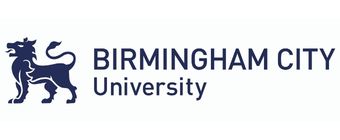The rapid evolution of medical imaging technology calls for expert practitioners to implement optimized imaging techniques and improve patient outcomes. This course aims to prepare students from diverse backgrounds such as engineering, biomedical engineering, medical/surgical, or life sciences for a professional career in imaging-related fields in healthcare and research, by providing in-depth knowledge in medical imaging technology and preparing for using technology and engineering skills to improve healthcare delivery and medical practice.
WHAT'S COVERED IN THIS COURSE?
Our MSc in Medical Imaging Technology combines elements from physics, mathematics, computer science, biomedical engineering, biology, and clinical medicine to help you develop your knowledge, understanding, and skills in engineering design, medical imaging technologies, and clinical environment.
Through internationally recognized researchers, projects, guest lecturers, and a strong collaboration with medical imaging technology SMEs / NHS Trust partners, you will develop the skills needed for a career in a medical imaging-related field in clinical practice, research, or technical development. A range of optional modules will be offered so you can gain greater knowledge in an area of your choosing.
This course comprises both a taught component and a research project, giving you the skills and knowledge required to pursue a career in the applied medical imaging technology field within clinical medicine, medical research, and scientific research or development.
Throughout the course, you will complete your Professional Project – an independent piece of research on a topic within medical imaging technology that allows you to demonstrate your knowledge and skills.














